Federal Reserve Chairperson Janet Yellen has been speaking this week to the Senate Banking Committee and the House Financial Services Committee, with everyone hanging on her every word. All the financial news media and other press outlets have covered her remarks, breathlessly waiting to see what the markets will do.
Well, they might have been doing this six months ago, but now we are seeing and hearing very little reaction from the markets. This non-reaction is evidence of what I have been writing about for several months—namely, the irrelevancy of the Federal Reserve.
More importantly, to me it confirms what I’ve also been saying for so long—that we have had a market built primarily on false positives.
Illusionary Factors
These false positives originated with central banks around the world and the Federal Reserve. Adding to this illusionary picture is the fact that many companies have been buying back their stocks, helping to drive up earnings while sales are declining.
Then there is the $4.2 trillion of debt that the Federal Reserve is continually rolling over as part of its quantitative easing, smoke-and-mirrors show. One thing that is always noticeably absent from most congressional questioning are concerns about the Fed’s exit strategy for this staggering amount of debt on the balance sheet. There is no exit strategy.
In addition to failing to address this concern, what about the Federal Reserve’s unwillingness to withstand an audit—a complete audit of all its activities? For some reason, it almost seems as though Congress believes it is accountable to the Federal Reserve.
There wouldn’t even be a Federal Reserve if it wasn’t for a 1913 congressional mandate giving the Federal Reserve responsibility for the people’s monetary system, with accountability to the Congress.
Recommended
Confirming the Obvious
The non-story of this week is more confirmation that what the Federal Reserve does has little consequence—as it should—on the markets. After all, the markets have not been caught up in all the political garbage of the past three weeks.
The markets don’t seem to care about protesters in the streets, resignations or limousine liberals crying themselves to sleep every night. The markets don’t even seem to care about Russian troop movement or the nation’s policies on immigration.
Many commentators question this, especially as the markets have moved over the past seven years every time any one of these and another related issue generates headlines. For years, during the Federal Reserve chairperson’s semi-annual testimony before Congress, the market seemed to be hanging on every word. Worse than that, too many reacted to that testimony instead of looking at the underlying fundamentals of the economy.
Free to Grow
I know this new scenario seems like a dramatic change to the millennials on Wall Street, but the markets care about whether free market capitalists are, in fact, free and unencumbered so they can grow and become more profitable.
The markets care whether entrepreneurs and small business leaders will have more incentives and motivation because of fewer regulatory burdens and a corporate tax code that is reasonable, rational and relevant for today’s environment, as well as whether we will have an endless, uninterrupted, inexpensive flow of energy.
Add to the mix an administration in Washington, D.C., that appears to be doing what they said they would by enacting a pro-growth, pro-business strategy that is concerned with fiscal policies that benefit the American economy. It is the prospect of these ideas becoming reality that will move markets. More importantly, it will move the economy forward.
Certainly, whether the attitudes of Wall Street will continue to change remains to be seen. But as we look around at the markets and see what has happened over the past two months, it is apparent that many have not only come to the realization of a Trump presidency, they believe in the economic promise of the Trump administration, whether they want to or not.

















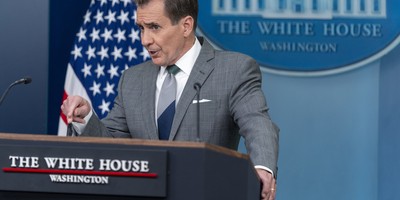


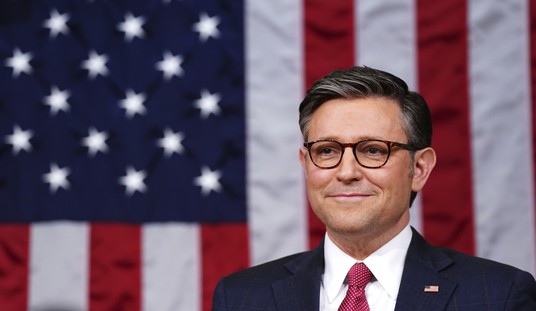
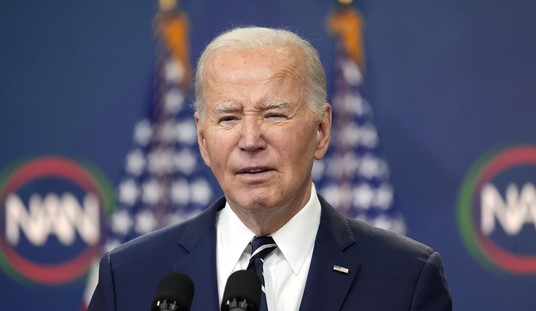
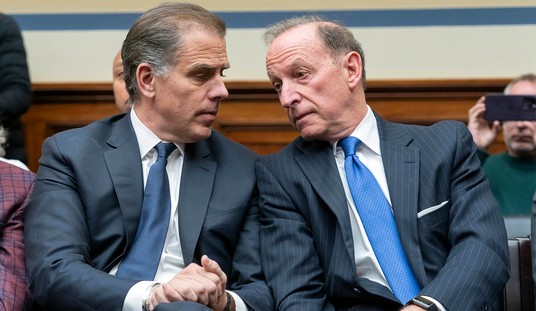
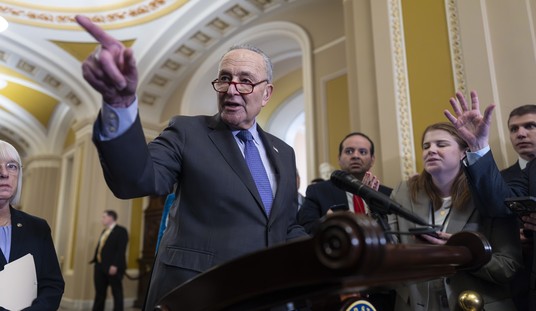
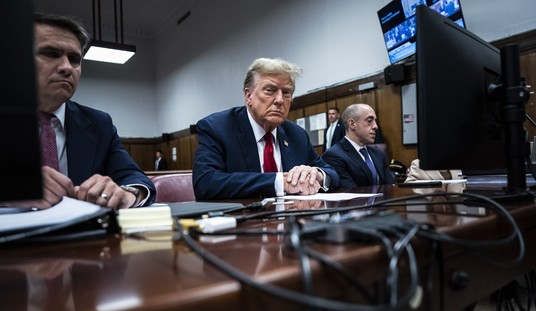
Join the conversation as a VIP Member